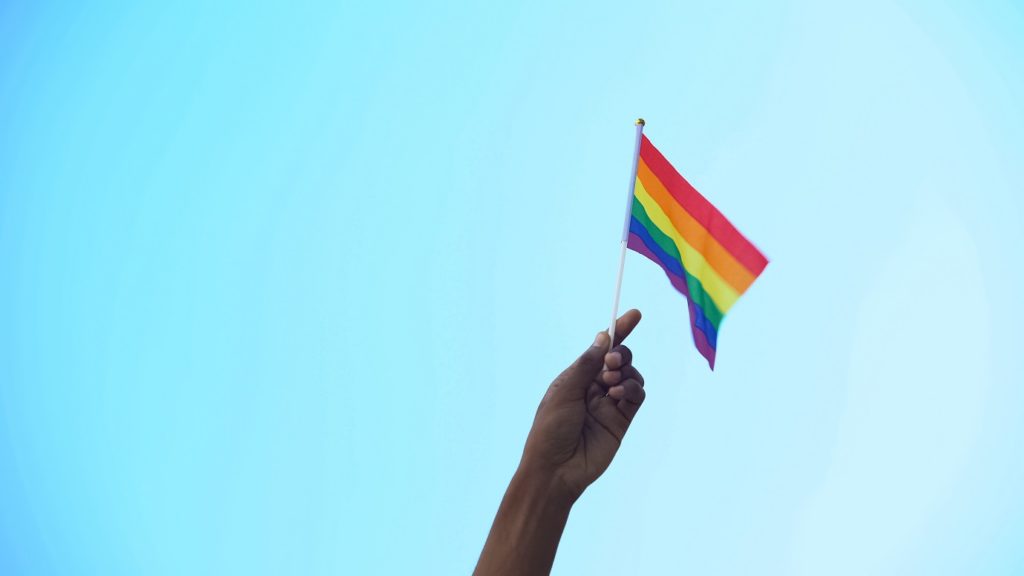The largest national survey of LGBTIQ people in Australia has revealed continuing high rates of of social exclusion, discrimination, mental health issues and homelessness.
According to the La Trobe University survey of 6835 LGBTIQ adults, nearly 40 per cent have experienced social exclusion based on their sexual orientation or gender identity in the past 12 months. 35 per cent reported having experienced verbal abuse, while harassment, experienced by 24 per cent of respondents, and physical violence (15 per cent), continue to be prevalent issues.
In the workplace, the majority of respondents (60 per cent) felt accepted, while just over half (52 per cent) felt accepted within their own families. 55 per cent reported feeling accepted in educational settings.
Marriage equality, which is nearing its three-year anniversary in December, has had an overall positive impact on LGBTIQ people, with three-quarters indicating that it would have a positive impact on their lives. However, more than three-quarters of LGBTIQ people reported they had experienced distress during the 2017 marriage equality debate and plebiscite.
Generally, more than half of LGBTIQ people reported high or very high levels of psychological distress, with 30 per cent falling into the category of ‘very high’ distress. The overall high or very high psychological distress rate among LGBTIQ people in the survey is four times higher than the proportion of the general Australian population.
The rate of high or very high psyhcological distress was highest among transgender men, at nearly 76 per cent. Meanwhile, 65.6 per cent of transgender women fell into this category, as did 74.9 per cent of non-binary respondents.
In the past 12 months, a massive 42 per cent of LGBTIQ people reported having suicidal thoughts, a rate almost twenty times higher than the general population. Just over 5 per cent of LGBTIQ people surveyed reported a suicide attempt in the past year, a rate ten times higher than for the general population.
1 in 10 trans women reported attempting suicide in the past year, a number that sits at 14 per cent for trans men, and nearly 7 per cent for non-binary people. Fewer cisgender people reported suicide attempts, with 4 per cent of cisgender women and 3 per cent of cisgender men reporting a suicide attempt in the past year.
One fifth of respondents indicated they had experienced homelessness at some point in their life, with trans and gender diverse people more likely than cisgender participants to have experienced homelessness. 1 in 4 respondents said their experience/s with homelessness was related to being LGBTIQ. Again, trans and gender diverse people were more likely to say their experience/s were related to being LGBTIQ. Financial stress, mental health issues, unemployment or underemployment, family rejection, family violence, substance use and discrimination were all common reasons cited for experiences of homelessness.
Associate Professor Anthony Lyons, lead researcher, said legal and social changes in Australia have built greater levels of acceptance for LGBTIQ people in recent years, and cited marriage equality as one example. Lyons also said the survey highlights that many people in the LGBTIQ community continue to face significant issues like stigma, discrimination, violence and abuse.
“This report contains a great deal of vital information about the health and wellbeing of LGBTIQ people today and is expected to inform initiatives for improving health and wellbeing outcomes,” Lyons said.
“We are very grateful to the many thousands of people who completed the Private Lives 3 survey, who generously allowed a glimpse into their lives and shared their experiences across many aspects of life.”
The Private Lives 3 survey was conducted from July 2019 to October 2019, and follows two previous surveys conducted in 2005 and 2011.
If you need help, you can call Lifeline on 13 11 14 or Beyond Blue on 1300 224 636. For Australia-wide LGBTIQ peer support call QLife on 1800 184 527 or access webchat.


